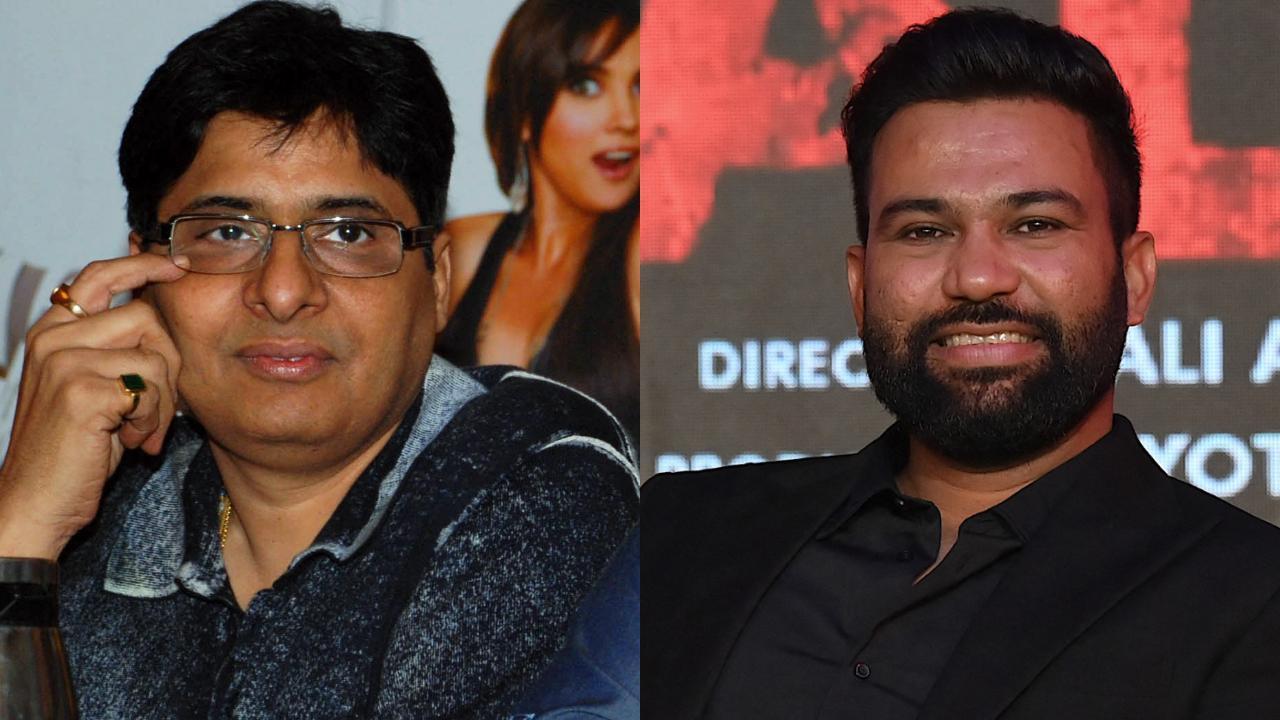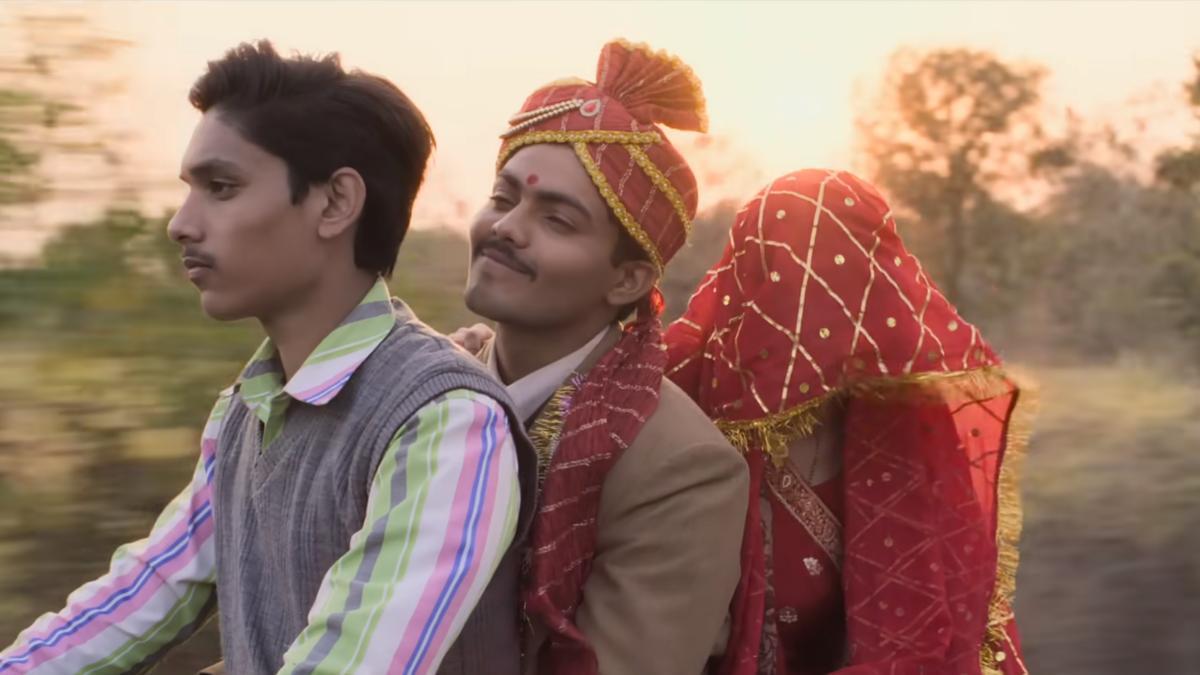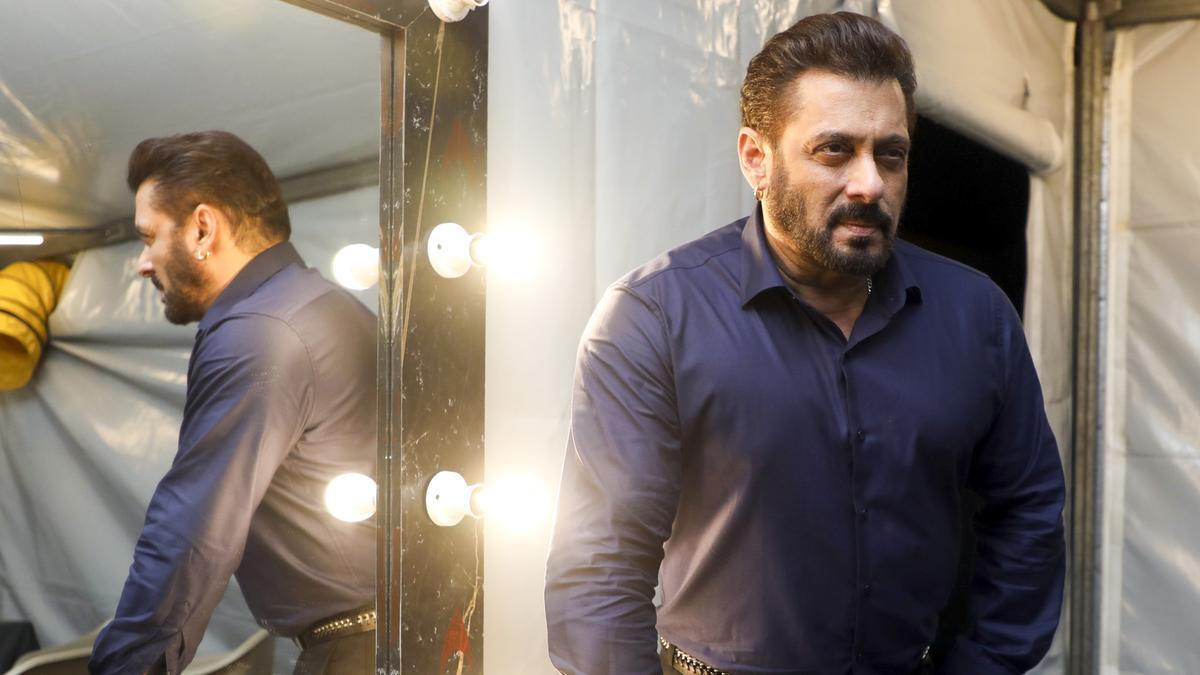
In a development that has sparked significant controversy, the Film Federation of India (FFI) has announced Kiran Rao’s ‘Laapataa Ladies’ as the country’s official entry for the Best Foreign Film category at the 97th Academy Awards. The awards ceremony is scheduled to take place on March 2, 2025. Despite the film’s significant cultural impact and focus on women’s issues, it has come to light that no women were involved in the selection committee choosing the film.
According to documents being widely circulated on social media, the panel tasked with selecting India’s official entry for the Oscars was composed entirely of men. This has drawn considerable criticism, particularly in light of the opening sentence in the citation for India’s official entry that reads, “Indian women are a strange mixture of submission and dominance.” The members of the committee include Mr. Jahnu Barua (Chairman), a well-known director, Mr. Manjunatha S., a reputed lyrics writer, Mr. Santhosh Raman, an accomplished art director, and numerous other established figures in the Indian film industry. Other members include Mr. Subbiah Nallamuthu, Mr. Ravi Jadhav, Mr. G. P. Vijayakumar, Mr. Avinash U. Shetty, Mr. Bobby Bedi, Mr. Umamaheshwar Rao, Mr. Bhargav Purohit, Mr. Praveen KL, Mr. Longinus Fernandes, and Mr. D. Yuvaraj.
.
The citation shared by the committee praises ‘Laapataa Ladies’ for its representation of Indian women, stating, “Well-defined, powerful characters in one world LAAPATAA LADIES (Hindi) captures this diversity perfectly, though in a semi-idyllic world and in a tongue-in-cheek way. It shows you that women can happily desire to be homemakers as well as rebel and be entrepreneurially inclined. A story that can be simultaneously seen as one that needs change and one that can bring about change. ‘Laapataa Ladies’ is a film that can engage, entertain, and make sense not just to women in India but universally as well.”
Directed by Kiran Rao and produced by Aamir Khan, ‘Laapataa Ladies’ delves into themes of gender equality and women’s empowerment in rural India. The storyline follows two brides who are inadvertently switched during a train journey in 2001. The film features a compelling cast including Pratibha Ranta, Sparsh Srivastava, and Nitanshi Goel in lead roles. Released in March, the film has garnered significant acclaim for its poignant narrative and strong social message. Additional performances by Ravi Kishan, Chhaya Kadam, and Geeta Aggarwal Sharma contribute to the movie’s diverse cast, adding further depth to its storyline.
Despite the film’s ambition to spotlight significant social issues, the all-male constitution of the selection committee has overshadowed its recognition. Social media buzz has highlighted this oversight, with many pointing out the irony of an all-male panel selecting a film about women’s issues. Notably, Karthik (@beastoftraal) tweeted, “Indian women are a strange mixture of submission and dominance”—Opening sentence in the citation for India’s official entry to Oscars. Then you notice the all-male selection committee 🤷.”
The choice of ‘Laapataa Ladies’ came amidst stiff competition and substantial anticipation. This announcement has stirred a debate concerning gender representation and inclusivity within the film industry, particularly in bodies responsible for decision-making. Critics argue that the absence of women on the selection committee undermines the film’s theme and message. Furthermore, they assert that having female voices in the decision-making process is crucial for a more balanced and representative perspective.
The criticism has not just been limited to social media. Various industry professionals and advocacy groups have also expressed their discontent, urging for a more inclusive and representative selection process in the future. This calls into question the systemic biases within the industry and pushes for a re-evaluation of how these committees are formed.
In light of these revelations, there is a growing call for the Film Federation of India to address the absence of women on such influential committees. Addressing these concerns may not only improve the perception of fairness in the selection process but also better reflect the diverse perspectives that the films themselves aim to portray.
As the Academy Awards approach, ‘Laapataa Ladies’ will continue to draw attention, not just for its narrative but for the controversies surrounding its entry. The film aims to make waves on the global stage, representing Indian cinema and its rich, diverse storytelling. Yet, the conversation surrounding its selection underscores the ongoing challenges and necessary strides towards achieving gender equality in all facets of the industry.










